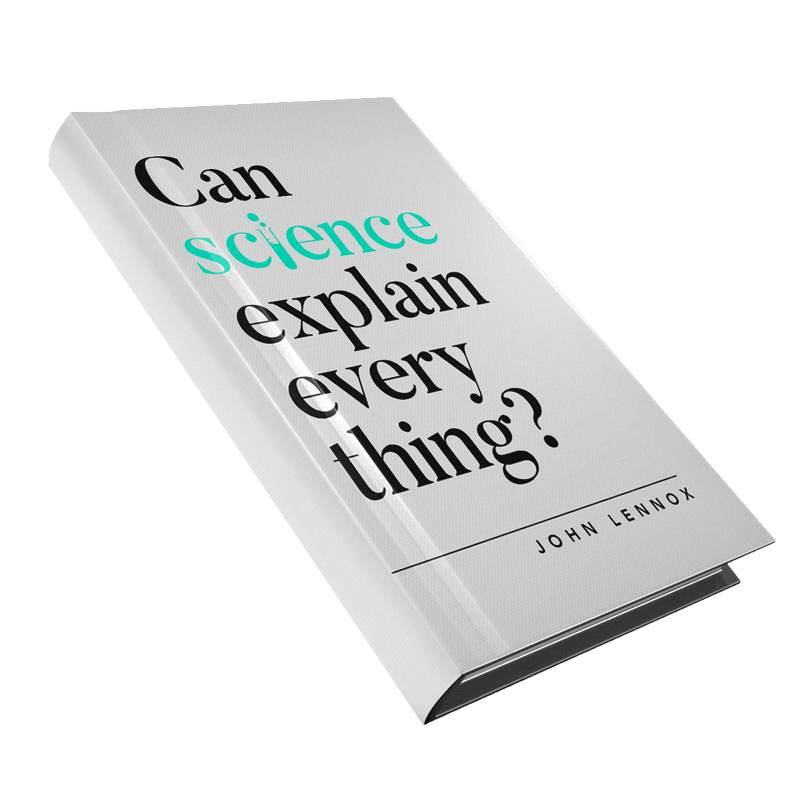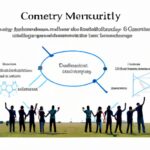Exploring the Boundaries: Can Science Explain Everything?

Introduction: The Scope and Power of Science
Science has transformed the modern world, offering powerful methods for understanding the natural universe. From explaining the structure of DNA to enabling global communication, science has shaped technology, health, and our daily lives. Many wonder: Can science explain everything? This question is more than academic-it influences how we approach decisions, ethics, and meaning in life. In this article, we examine what science can and cannot explain, provide practical steps for leveraging scientific knowledge, and offer alternatives and guidance for situations where science may have limits.

Source: dreamstime.com
What Science Can Explain: The Breadth of Scientific Inquiry
Science excels at explaining natural phenomena . It uses observation, experimentation, and analysis to uncover the principles that govern the physical world. For example, physics explains why apples fall from trees and why planets orbit the sun. Chemistry reveals how molecules interact, leading to advances in medicine and materials. Biology describes the mechanisms of life, from genetics to ecosystems. These explanations often unify broad areas of knowledge under general laws, such as Newton’s laws of motion or the theory of evolution. As physicist Steven Weinberg notes, the laws of physics can often explain why chemical phenomena occur, even if the details may be too complex for current methods to handle completely [3] .
Practical applications of scientific explanations are everywhere. Medical professionals use evidence-based protocols to treat diseases. Engineers design structures based on principles of physics and materials science. Individuals can use scientific resources to understand health risks, evaluate environmental claims, or assess product safety. To access reliable scientific explanations, you can:
- Consult peer-reviewed journals through university libraries or platforms like PubMed Central .
- Read science news from established outlets such as Science News or Nature .
- Contact local universities or extension services for expert guidance on specific topics.
The Limits of Science: Where Explanation Stops
Although science is powerful, it has definite limits . Science is designed to answer questions about how things work in the natural world, but it does not address every kind of question. According to the University of California Museum of Paleontology, science does not make moral judgments or define what is right or wrong. It also does not resolve aesthetic questions-such as what is beautiful or meaningful in art-and cannot prove or disprove the existence of supernatural entities or ultimate purpose [2] .
For example, science can describe the effects of pollution on public health but cannot determine which trade-offs are morally acceptable. Similarly, it can analyze how music affects the brain but cannot declare one piece of music as more beautiful than another. To address such questions, individuals and societies rely on philosophy, ethics, religion, and the arts , which offer frameworks that science does not provide.
If you are seeking guidance on ethical or aesthetic decisions, consider:
- Consulting with professional ethicists or using institutional review boards for complex moral questions.
- Exploring philosophical literature or engaging in community discussions on values and meaning.
- Participating in cultural and artistic activities to experience diverse perspectives on beauty and significance.
Scientific Naturalism and Alternative Worldviews
Scientific naturalism is the belief that science can, in principle, explain everything and that only scientific knowledge is reliable. Advocates argue that as science advances, mysteries will diminish and comprehensive explanations will emerge. However, critics note that this position may be self-defeating because it cannot explain its own foundational assumptions-such as why the universe is intelligible or why humans can understand it [1] .
Alternative worldviews, such as various religious or philosophical traditions, offer explanations for aspects of human experience that science does not address. For example, Christianity and other faiths propose that meaning, purpose, and values stem from sources beyond empirical observation [4] . These perspectives can complement scientific knowledge, particularly in matters of ethics, purpose, and meaning.
To explore alternative perspectives, you can:

Source: britannica.com
- Attend public lectures or panel discussions hosted by academic or interfaith organizations.
- Read works by philosophers, theologians, and historians reflecting on the compatibility and limits of science and faith.
- Engage with community groups or online forums that discuss worldviews and their implications for decision-making.
Challenges and Solutions: Navigating the Boundaries
One challenge is recognizing the boundary between scientific knowledge and other forms of understanding . It can be tempting to treat science as the only source of truth-a position known as scientism-but this approach excludes valuable insights from other disciplines. For instance, literature and the arts deepen our understanding of human experience, while ethics and law help resolve societal dilemmas that science alone cannot answer [4] .
When faced with questions science cannot answer, a practical solution is to use interdisciplinary approaches . For example, medical professionals routinely combine scientific evidence with ethical deliberation and patient values to make treatment decisions. Educators integrate science with philosophy and the arts to foster critical thinking. Individuals can use both scientific data and personal reflection when making choices about health, relationships, or careers.
To implement interdisciplinary approaches:
- Form teams with members from diverse backgrounds when tackling complex problems.
- Seek training or workshops on ethics, critical thinking, or cross-disciplinary problem-solving.
- Encourage open dialogue between scientists, ethicists, artists, and community leaders.
Step-by-Step Guidance: Integrating Science into Decision-Making
To use scientific knowledge effectively in personal or professional decisions, consider the following steps:
- Define the question . Be clear about whether your question is empirical (about facts) or evaluative (about values).
- Gather evidence . Use established scientific sources, such as peer-reviewed journals, government agencies, or reputable science news outlets.
- Consult experts . When possible, reach out to professionals in the relevant field through local universities or professional organizations.
- Consider limitations . Be aware that scientific findings may have uncertainties or may not address all aspects of your question.
- Include other perspectives . For moral, aesthetic, or existential questions, seek input from ethicists, artists, spiritual leaders, or community members.
- Make informed decisions . Weigh scientific evidence alongside other relevant considerations to reach a balanced conclusion.
Alternative Pathways for Unanswered Questions
When science reaches its limits, you may need to pursue alternative approaches:
- Ethics and Values : For moral dilemmas, consult professional ethicists, use resources from academic ethics centers, or participate in public deliberation forums.
- Art and Meaning : For questions of beauty or meaning, engage with the arts, read literature, or attend cultural events to explore diverse perspectives.
- Spiritual Guidance : For questions about purpose or ultimate meaning, consider joining a faith community, attending services, or reading works by spiritual thinkers.
If you need help finding these resources, you can:
- Search for “university ethics center” or “community interfaith council” in your area.
- Visit your local library for books on philosophy, religion, and the arts.
- Contact professional organizations in relevant fields for referrals or information sessions.
Summary and Key Takeaways
Science is a powerful tool for explaining natural phenomena and solving practical problems, but it has well-defined limits. It cannot answer every question, particularly those involving values, meaning, or ultimate purpose. By recognizing what science can and cannot do, you can make better decisions, seek out appropriate resources, and use alternative approaches when necessary. Combining scientific knowledge with insights from other disciplines enables a richer, more complete understanding of the world and our place in it.
References
- [1] bethinking.org (n.d.). Can Science Explain Everything? Explores the philosophy of scientific naturalism and its limits.
- [2] University of California Museum of Paleontology (2022). Science has limits: A few things that science does not do.
- [3] Steven Weinberg (2006). Can Science Explain Everything? Anything?
- [4] Biola University (2019). Can Science Explain Everything? Think Biblically blog.






